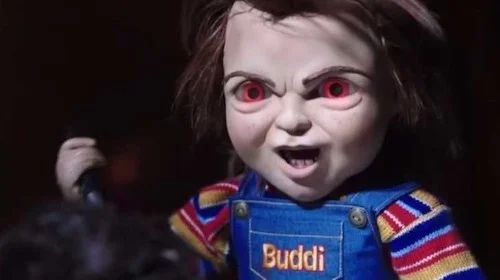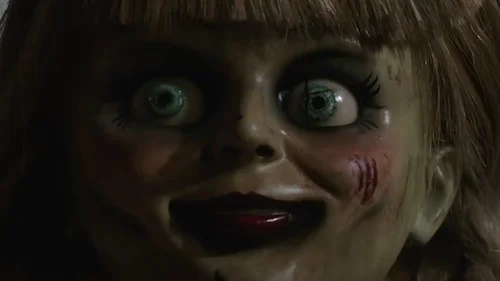Horror Films and Sequels: We'll Never Hear the End of Them.
It's no secret that the horror film genre always been a major generator of sequels. What is it about this genre that requires there to be so many continuations? Part of the success of mainstream horror films is of the same recipe used for how sequels are made. It actually makes sense at the end of the day. What is a sequel? It is obviously a follow up work of a film that did well enough to warrant it (from a business standpoint). The key is to acknowledge most sequels (and prequels, if you want to be technical) as box office bait, rather than the narrative pieces they can very easily be.
Why is this important? Sequels are made, because a demographic is already known. There is no need to guess who your film will affect. You already know these millions of tickets went towards the previous film. That is your audience. The search is over. It's a reason why James Cameron's heavily delayed Avatar films may very well do decently enough in the end (at worst). The kicker is to keep this audience invested. Usually, sequels arrive after a previous film quickly enough to capitalize on this fandom. If not, these films resurrect life in works that continue to have pop culture stature.
Do you see where I am going with this? Horror films from the get go have a very niche audience. This is why you will see many horror films -- good or bad -- do so well at the box office. Critics can review these films all they want. Hardcore horror fans go for the thrill. Sure, story and characters still matter. However, fear takes precedent. This is not to insist that all horror films are the same, but the idea that fans have their expectations in mind.
Annabelle for the thousandth time.
Take the Conjuring series. The first film did well critically and financially. It was seen as a solid series of thrills that had great atmosphere, a decent enough sense of plot, and performances to bring it all home. The Conjuring was destined for sequels. Yet, did anyone predict the amount of sequels that have been spawned? That upcoming Annabelle film isn't even the first Conjuring related film to come out this year, for crying out loud.
Part of the intrigue, I find, is the necessity to know if the coast is clear. Let's say I loved The Conjuring and that it scared me (it didn't, but we're hypothesizing). One of two things would happen. I would either be so scared of the stuff in the film, that I would need to see if I still felt that way with part 2, or I would be used to the original film and see how part 2 fares out (if I can take it on head on). It makes sense. People go to see Child's Play films for Chuckie, not necessarily for any of the other characters. Any story elements are linked to Chuckie (what the doll does, and who is his next target).
The Exorcist II is an earlier example of a successful horror film being capitalized on.
Horror films are for thrill junkies. Some films can tick off being narratively impressive, but that matters for some audiences. Many horror fans are there for the special effects, the jumps, the anxiety, and the nightmares. You can consider this recipe for action films as well, but replace scares with stunts.
At the end of the day, these sequels are going nowhere. We have been seeing horror sequels for decades, with an early instance of an abundance of them happening in the '70s. It's no coincidence that this was around the start of film franchises (like Star Wars and Jaws). Treating cinema like a line of products will naturally see success as a demand for more, rather than simply a job well done at making art. At the end of the day, thrill seekers are happy, and critics are not. As a critic myself, we also have to remind ourselves that critics are never happy, so there's no sense in bothering with us.
Andreas Babiolakis has a Masters degree in Film and Photography Preservation and Collections management from Ryerson University, as well as a Bachelors degree in Cinema Studies from York University. His favourite times of year are the Criterion Collection flash sales and the annual Toronto International Film Festival.




